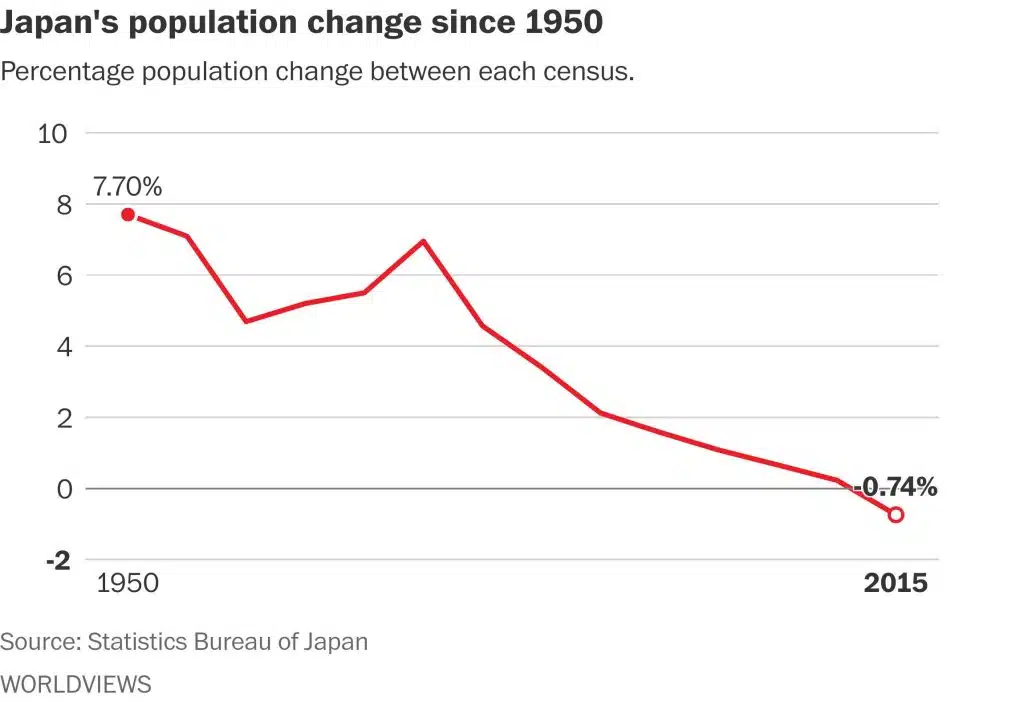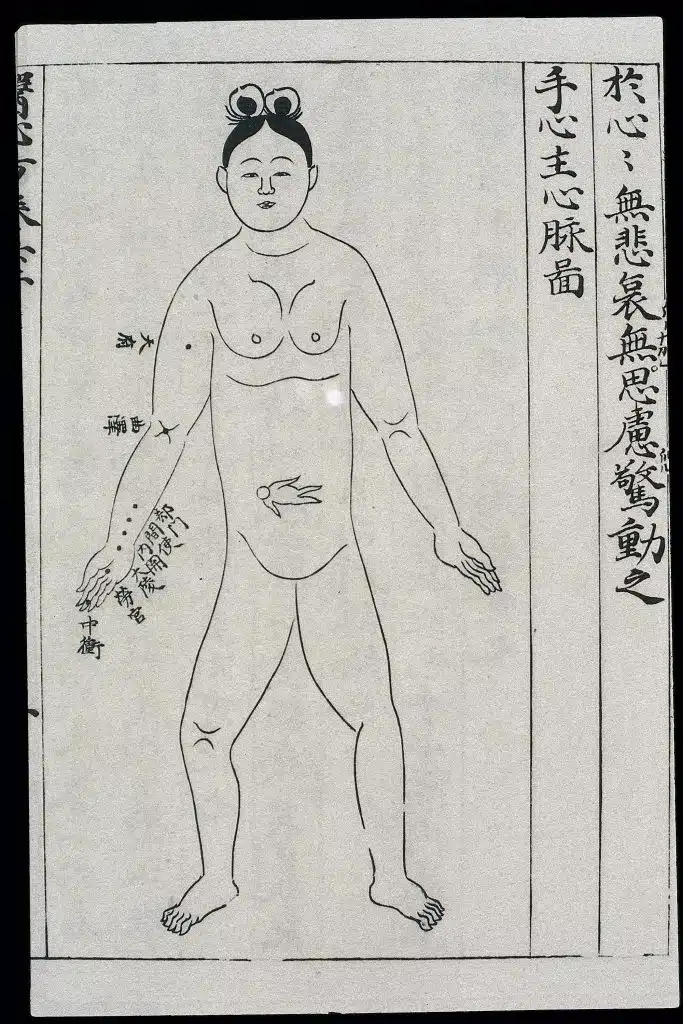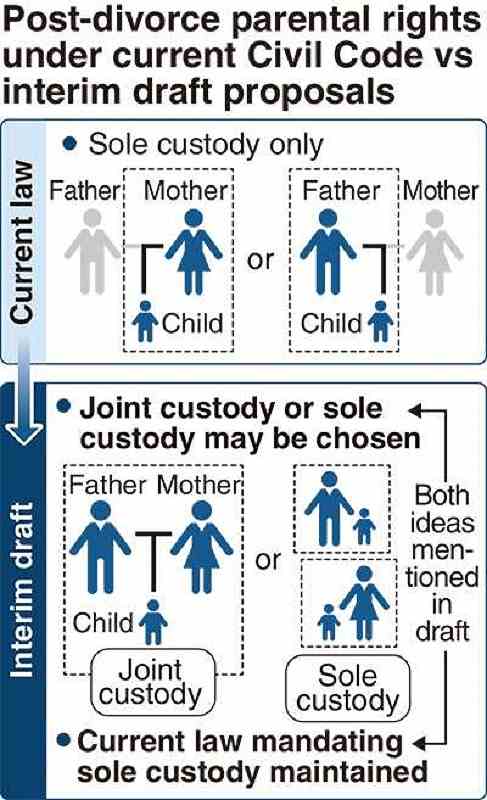Posted inQuestion about Japan
What is Japan doing about low birth rate?
Japan is facing a low birth rate crisis, with a fertility rate of 1.36, below the replacement level of 2.1, leading to a shrinking population and an aging workforce. The reasons for the low birth rate are complex and multifaceted, including delayed marriage and parenthood, financial insecurity, lack of work-life balance, and cultural attitudes towards gender roles and family obligations. The Japanese government has implemented policies to encourage childbirth, such as financial incentives for families who have children and support for working parents. Immigration policies have also been introduced to address labor shortages in certain sectors. However, changing cultural attitudes towards gender roles remains a major obstacle to addressing the crisis. The COVID-19 pandemic has further impacted Japan's birth rate by causing some couples to delay having children due to job losses or financial insecurity. Without intervention, Japan's population is projected to decline significantly in the future. To address this crisis and ensure a sustainable population and economy for the future, Japan will need to continue implementing











